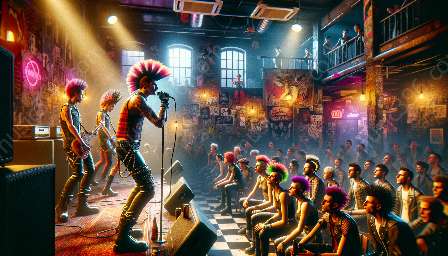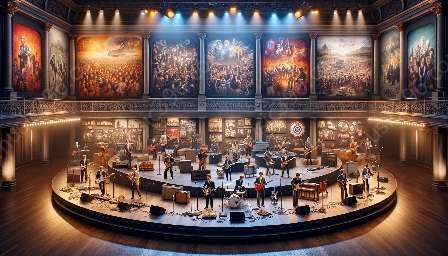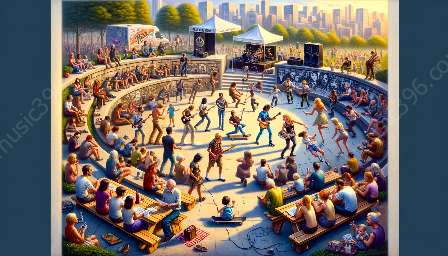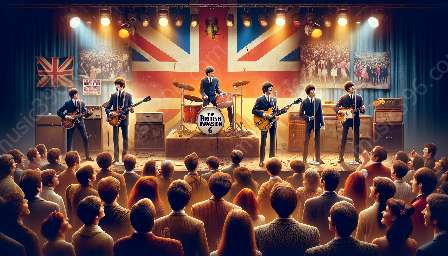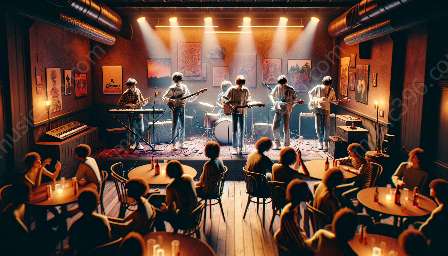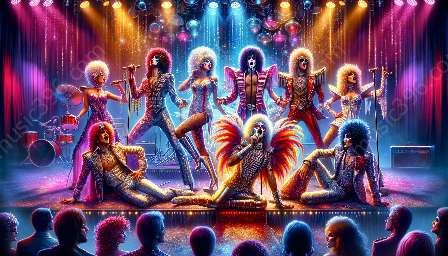The counterculture movement of the 1960s and 1970s was a transformative period in history that saw the rise of hard rock as a powerful and influential force. This genre of music played a significant role in shaping the social and cultural landscape of the time, with its rebellious spirit and powerful, electrifying sound capturing the essence of the era.
1. Emergence of Hard Rock in the Counterculture Movement
Hard rock emerged as a response to the prevailing social and political climate of the 1960s and 1970s. The genre was a direct reflection of the disillusionment with mainstream society, and it acted as a platform for expressing dissent, protest, and a longing for change. Hard rock served as a voice for the counterculture movement, providing a soundtrack for the social upheaval and unrest that characterized the era.
2. Influence of Hard Rock on the Counterculture Movement
The raw, unapologetic energy of hard rock resonated deeply with the counterculture movement, offering an outlet for rebellion and self-expression. Bands like Led Zeppelin, Black Sabbath, and Deep Purple, among others, embodied the ethos of the counterculture through their music, lyrics, and stage presence. Hard rock concerts became gathering grounds for like-minded individuals seeking an escape from the constraints of mainstream society, fostering a sense of community and camaraderie.
3. Evolution of Hard Rock and Progressive Rock
As the counterculture movement progressed, so did the music. Hard rock gradually evolved into progressive rock, a genre that pushed the boundaries of traditional rock music through intricate compositions and complex arrangements. Bands such as Pink Floyd, Yes, and Genesis incorporated elements of hard rock into their sound while embracing a more experimental and avant-garde approach. Progressive rock embraced the counterculture movement's spirit of innovation and nonconformity, further intertwining rock music with the ethos of the era.
4. Legacy of Hard Rock in the Counterculture Movement
The influence of hard rock on the counterculture movement left a lasting legacy that continues to reverberate through the music and culture of today. The genre's fearless attitude and commitment to artistic integrity inspired future generations of musicians and artists to challenge the status quo. Hard rock's contribution to the counterculture movement underscores its enduring significance as a symbol of resistance, freedom, and creative expression.
5. Conclusion
In conclusion, hard rock played a pivotal role in the counterculture movement of the 1960s and 1970s, serving as a potent catalyst for social change and cultural transformation. Its fusion with progressive rock further expanded the sonic possibilities of the era, creating a rich tapestry of rebellious, innovative music that continues to captivate audiences. The legacy of hard rock in the counterculture movement serves as a testament to the enduring power of music as a force for societal upheaval and artistic revolution.





